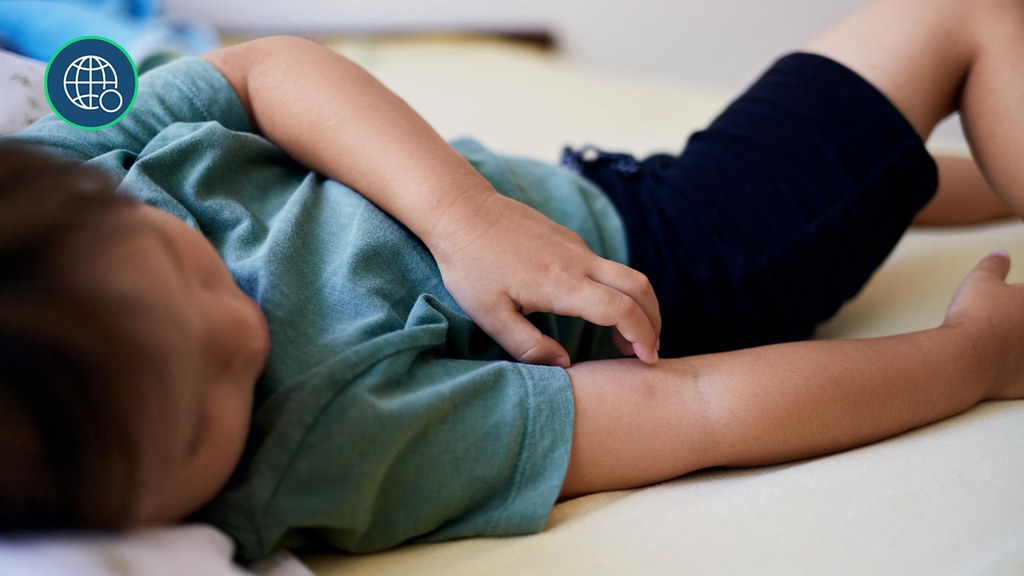Health psychologists at the University of Bath are calling for an overhaul of services for children living with chronic pain.
A new study, which was led by the University of Stirling and funded by the National Institute for Health and Care Research, found children are often left without effective pain management and struggle to access support from health services.
The study, which was carried out over a three-year period, is the first to specifically look at all the research about how children and young people living with chronic pain and their families are experiencing pain and pain management.
It is published via the Cochrane Library, alongside a new animation based on the findings aimed at children and young people.
The research involved paediatric pain specialist Dr Abbie Jordan from Bath’s Centre for Pain Research.
She explained: “Being able to examine all of the qualitative research around chronic pain in children and young people to date enabled us to highlight just how big a public health problem children’s pain is in today’s society.
“Our findings identified the extensive impacts that living with moderate to severe pain has on young people and their families, both in the short-term as well as worries about what their future may look like.
“We also looked at how children, young people and families experience pain and how they manage it, finding many gaps in terms of families feeling supported around managing pain in children and young people.”
Around 25% to 30% of children and young people worldwide are known to live with chronic pain – pain that lasts for 12 weeks or longer – and approximately 5% experience chronic pain which has a substantial impact on their lives.
A mother of a 16-year-old, who has lived with chronic pain for four years, who supported the research, said: “So many of us have bad experiences with medical professionals that we have an innate trauma response when talking of anything medical related and we automatically pretend everything is fine.
“Working on this study, with caring medical professionals and understanding researchers, as well as others who have had very similar experiences, was a freeing and validating experience. For once, I felt heard, I felt believed, I felt accepted. I can’t actually articulate how powerful an experience this was because of that.”
The researchers have published a list of recommendations for primary care services – GPs and nurse practitioners – and policy makers. This includes the recommendation that a new model of caring for children with chronic pain is developed, which incorporates support for the whole family.
Dr Emma France, who led the research at Stirling, explained: “We know that there are not many specialist services for children with chronic pain or a clear care pathway – that’s the steps in treatment and what the outcome would be – for children with chronic pain.
“We need a new model where other support services are included too – not just healthcare – so schools, charities and other organisations which address biological, psychological and social aspects, to better manage children’s chronic pain.”
The research, Managing children’s chronic non-cancer pain better (CHAMPION study), also involved experts from Stirling’s Nursing Midwifery and Allied Health Professions Research Unit (NMAHP-RU) and the Institute of Social Marketing (ISM) as well as Bangor University.
More information about the research can be found on the Cochrane Library website: A meta‐ethnography of how children and young people with chronic non‐cancer pain and their families experience and understand their condition, pain services, and treatments - France, E - 2023 | Cochrane Library

